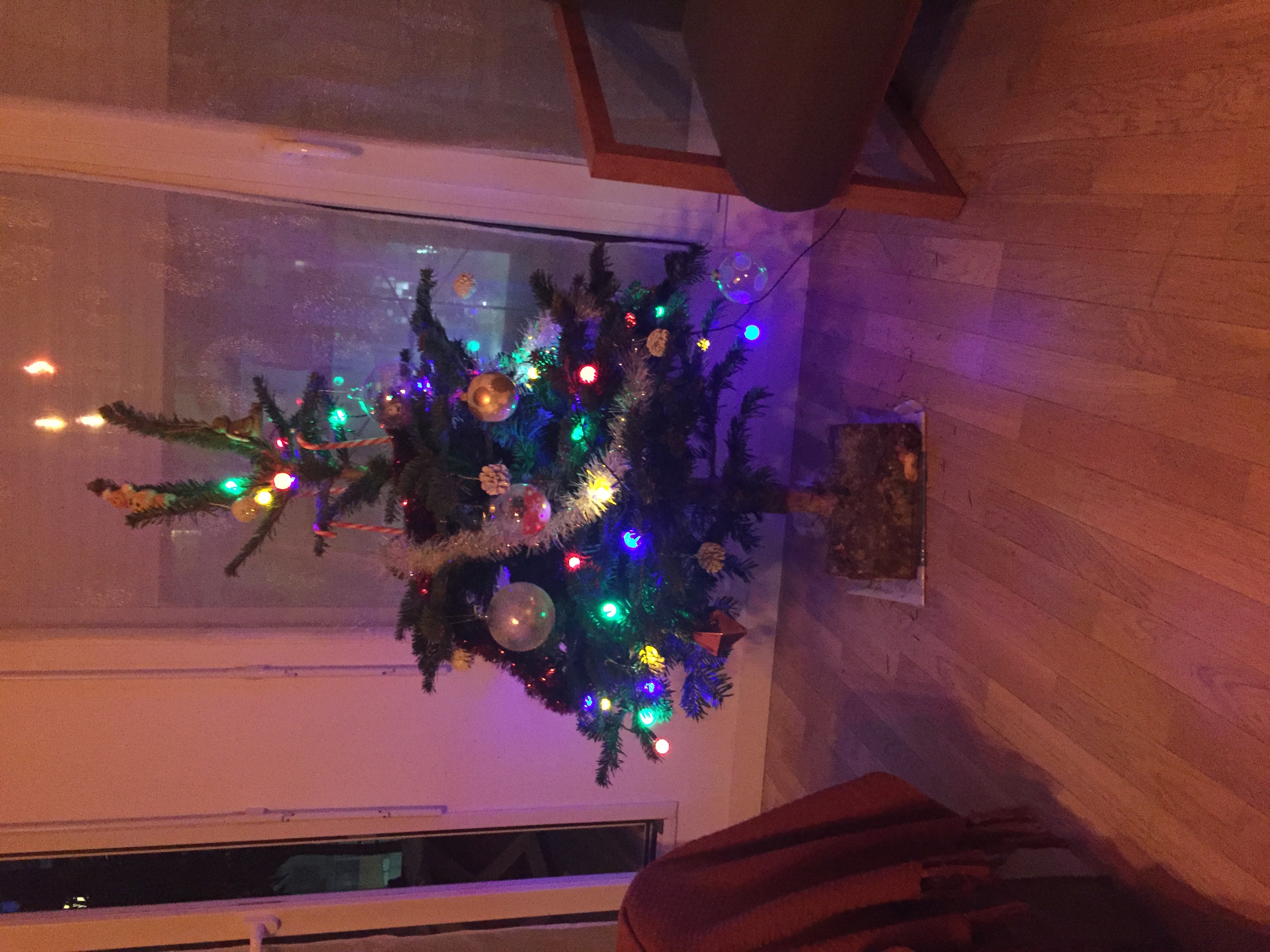Micro posting in December
It took little under a decade for the headline feature developer Jon Skinner added to Sublime Text’s second version to become one of the defining features of this decade’s software. — The History of Command Palettes: How Typing Commands Became The Norm Again
When I first started using Rust, I really missed monads. But here’s the thing. Having used lots of monads in Haskell, and read lots of blog posts about monads, I’ve learned that in systems contexts, it’s often best to just have a simple monad stack that just consists of Reader + IO (and Maybe’s and Option’s sprinkled about occasionally). Huge monad transformer stacks often raise more problems than they solve. But Reader + IO is essentially the “default monad stack” of Rust. — Haskell’s Children
2021-12-01: Design Issues for Foreign Function Interfaces: A survey of existing native interfaces for several languages and some suggestions.
2021-12-01: Emacs Docs: The modern documentation website Emacs deserves. #emacs
2021-12-01: Introducing Coalton: How to Have Our (Typed) Cake and (Safely) Eat It Too, in Common Lisp. #lisp
2021-12-01: Julia 1.7 Highlights. #julia
2021-12-02: An Illustrated Guide to Elliptic Curve Cryptography Validation.
2021-12-02: GDB dashboard. #clang
2021-12-02: The Fastest FizzBuzz Implementation.
2021-12-07:
2021-12-07: https://plotdigitizer.com/: really handy when you do not have raw data and want to revisit a 2D chart.
2021-12-07:
Using vi/vim properly, you don’t use it modally. You are always in normal mode, and only enter insert mode for short bursts of typing text, after which you press
to go to normal mode. Thus, the remembering-the-mode problem just doesn’t exist: you don’t answer the phone in insert mode to get back to vi and not remember where you were. If you are typing text and the phone rings, you exit insert mode and then answer the phone. Or you press when you come back. But you never think about insert mode as a mode where you stay. — Why, oh WHY, do those #?@! nutheads use vi?
2021-12-07: Testing Firefox more efficiently with machine learning.
2021-12-08: Data Integration, Manipulation and Visualization of Phylogenetic Trees. #rstats #bioinfo
2021-12-08: What’s Functional Programming All About?
2021-12-14: Fiona Apple, Under The Table.
2021-12-14:
Dependencies matter. Every dependency you add to your project is an invitation to break your project. — Lightweight is the right weight
2021-12-14: Orgdown (in short “OD) is a lightweight markup language similar to Markdown but it’s consistent, easy to learn, simple. (via Irreal)
2021-12-14: Rethinking Email.
2021-12-14: jc: CLI tool and python library that converts the output of popular command-line tools and file-types to JSON or Dictionaries. (via Simon Willison)
2021-12-15: Section 25, Looking from a Hilltop.
2021-12-15: Biological Modeling: A free course in modeling biological systems at multiple scales.
2021-12-15: Blockchains don’t solve problems that are interesting to me.
2021-12-15: One Reason Typeclasses Are Useful. #lisp
2021-12-15:
2021-12-17: Again, amazing work by Nicolas Rougier hacking on GNU Emacs: GNU Emacs - Notebook. #emacs
2021-12-17: Polars: Lightning-fast DataFrame library for Rust and Python. #rust
2021-12-20:
You are here because you are somehow interested in what the “Web3” or “NFT” thing is about. Maybe someone gave you this link, maybe you follow me somewhere. In this document I’ll try to explain what those terms mean, what ideas and politics they are based on and what I think about them. I will do my best to represent the Web3/NFT ideas as fairly as possible but for transparency’s sake I should note that I am not a fan. — The Third Web
2021-12-20: Common Lisp - Oldie but goldie . #lisp
2021-12-20: Unix Shell Programming: The Next 50 Years (The Future of the Shell, Part I). #unix
2021-12-20: Wingman for Haskell. #haskell
2021-12-20: r-ci: Easy and portable CI for R packages. #rstats
2021-12-22:
- Don’t Think We’re In Glasgow Any More: A Rust Survival Guide for Haskell Programmers
- My negative views on Rust
2021-12-22: Common Saints, Idol Eyes.
2021-12-22: Off for Christmas.
2021-12-26:
2021-12-26: Nick Cave & The Bad Seeds, The Ship Song.
2021-12-26: Vellum is a data frame library build for Common Lisp. #lisp


